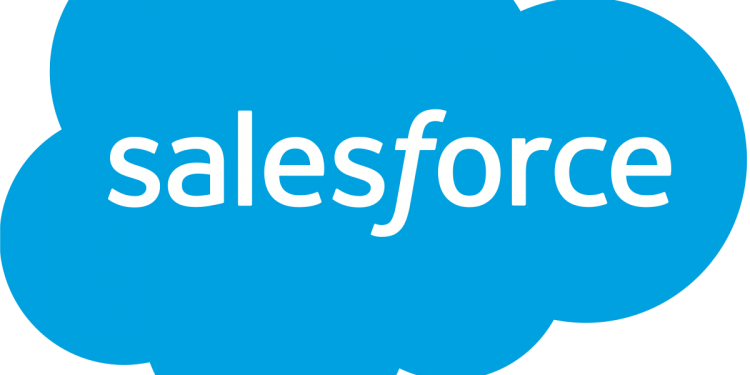Salesforce Health Cloud is, without a doubt, the most comprehensive CRM ever created for the healthcare industry. It’s the best patient management software because it allows for more personalized interactions, cross-team collaboration, EHR connectivity, and more. The sheer quantity of knowledge and power available to individuals new to the platform, though, can be intimidating. Don’t worry — SP Tech has compiled a list of the highlights for you, including basic skills and keywords related to Salesforce Health Cloud, so, you can get started right away.
What is Health Cloud, Exactly?
In a word, it enhances and extends the Salesforce CRM’s key features with capabilities and features tailored specifically to the needs of patients, healthcare providers, and payers.
It provides the tools that healthcare workers need to collaborate effectively. It also aids care team members in better understanding patients so that fully individualized medicine can be provided. It also has important features for payers and insurance firms.
Now that you’ve seen the 30-second summary, let’s look at some of the ways Salesforce Health Cloud may help your healthcare company improve the patient and provider experience. As previously said,
Let us Talk About the Features of Salesforce Health Cloud
Health Cloud is capable of handling a wide range of tasks, including patient records, care providers, payer information, and even surveys. But, in the end, it comes down to four key capabilities:
Data from traditional record systems and electronic health registries are combined in the Health Cloud (EHRs). It’s not a case of EHR vs. CRM… CRM + EHR = CRM + EHR = CRM + EHR = CRM + EHR = CRM + E The Health Cloud data paradigm is ideal for bringing data from external systems, such as patient records, into a single consolidated platform. You can streamline procedures and enable coordinated care with its revolutionary 360-degree patient perspective.
Throughout the whole care journey, Health Cloud assists care teams in developing 1-to-1 partnerships. The majority of people visit the doctor in order to get or stay healthy. The road to health might belong for some people. That is why it is critical to building trusting relationships with patients. Salesforce Health Cloud makes this easier by allowing all members of the care team to keep track of crucial notes and milestones as well as medical data. This allows all members of the care team to give completely tailored care, from the scheduler to the specialist.
Payers benefit from Health Cloud’s capability. Salesforce Health Cloud isn’t just for doctors and nurses! It allows insurers and payers to see a patient’s coverage options, as well as in-network and out-of-network charges. Because health insurance is so closely linked to healthcare, this is a significant gain for everyone, as it creates efficiencies for patients, providers, and payers.
Here are some more features set which you need to know about Salesforce Health Cloud:
Having a firm grasp of various feature sets inside Salesforce Health Cloud, in addition to basic capabilities and essential terminologies, will help you step up your patient management game. Here are some of our favorite features:
Data Privacy
Salesforce Shield is a dependable set of security solutions that assist administrators and developers in incorporating security into mission-critical programs. Shield Platform Encryption, Event Monitoring, and Field Audit Trail make up the triad. Users and patients can rest certain that their personal health information is safe. This data can also be linked to the patient’s electronic health record, allowing for quick access and keeping them involved in their care.
Increased Productivity
Care teams are constantly challenged to accomplish more in less time while maintaining a high quality of care. Health Cloud alleviates this burden by providing cutting-edge apps. Household mappings, for example, allow you to maintain a view of all the homes in which a patient is a member, giving you a better understanding of their family life, needs, and ambitions.
Comprehensive View of Patient Data
Salesforce Health Cloud provides a comprehensive 360-degree perspective of the patient, including a patient profile, health information, a timeline view, and treatment plans. This avoids the time-consuming task of switching between screens and platforms, allowing teams to focus on assisting patients. Another feature is the ability to use Salesforce Surveys to do assessments. This helps doctors to assess their own performance and determine whether they are reaching the expectations of their patients.
Do you think these features can take your business to the next level? If yes, then you can surely consider connecting with experts to know the right solution for your business needs.
Wrapping up on Salesforce Health Cloud Key Features
Knowing Salesforce Health Cloud’s capabilities, nomenclature, and feature sets will help you navigate the platform effectively, whether you’re considering putting your toes into the Salesforce ecosystem or have already dived headfirst. You’ll be able to handle complex patient data in no time, as well as personalize the patient experience from the outset, all from one unique platform.
Follow Techdee for more!





